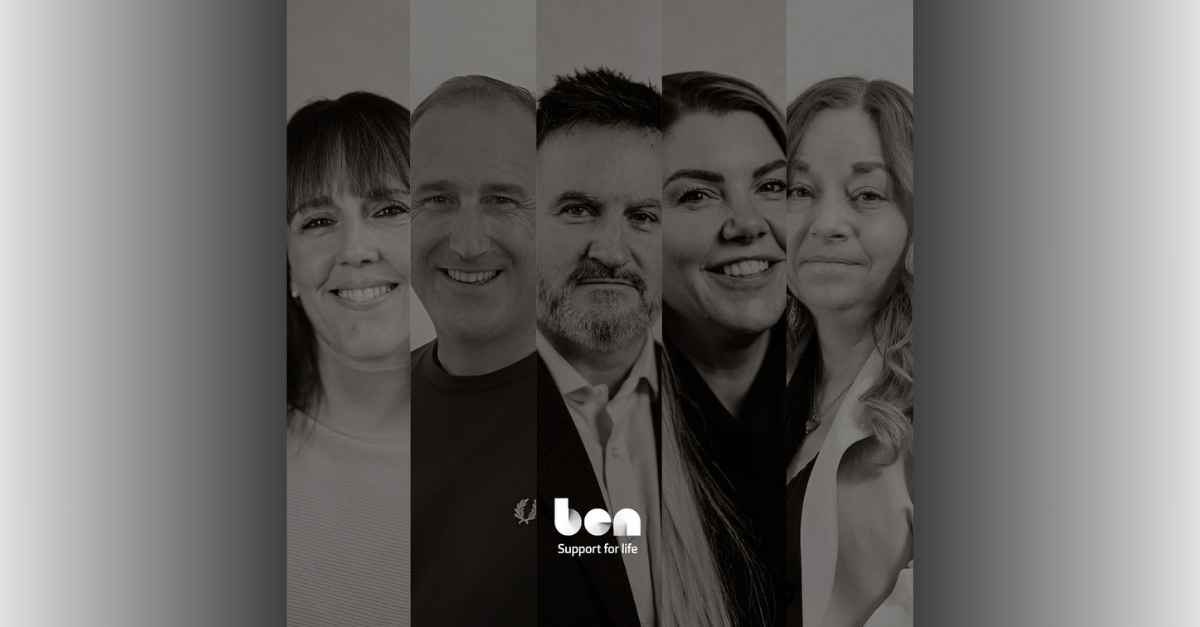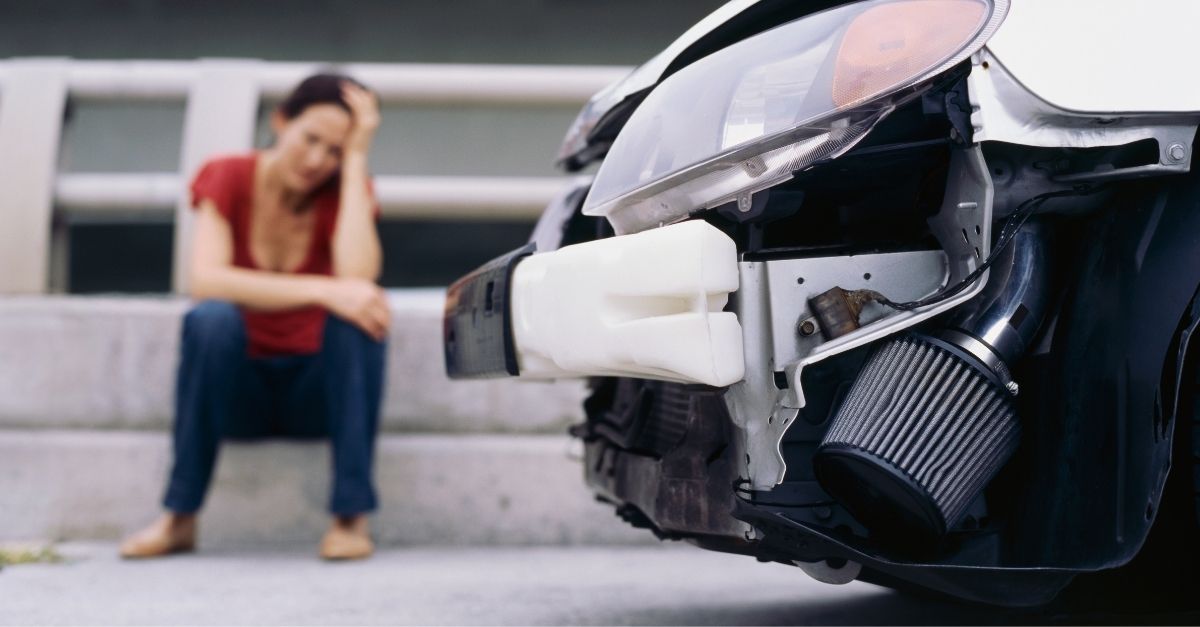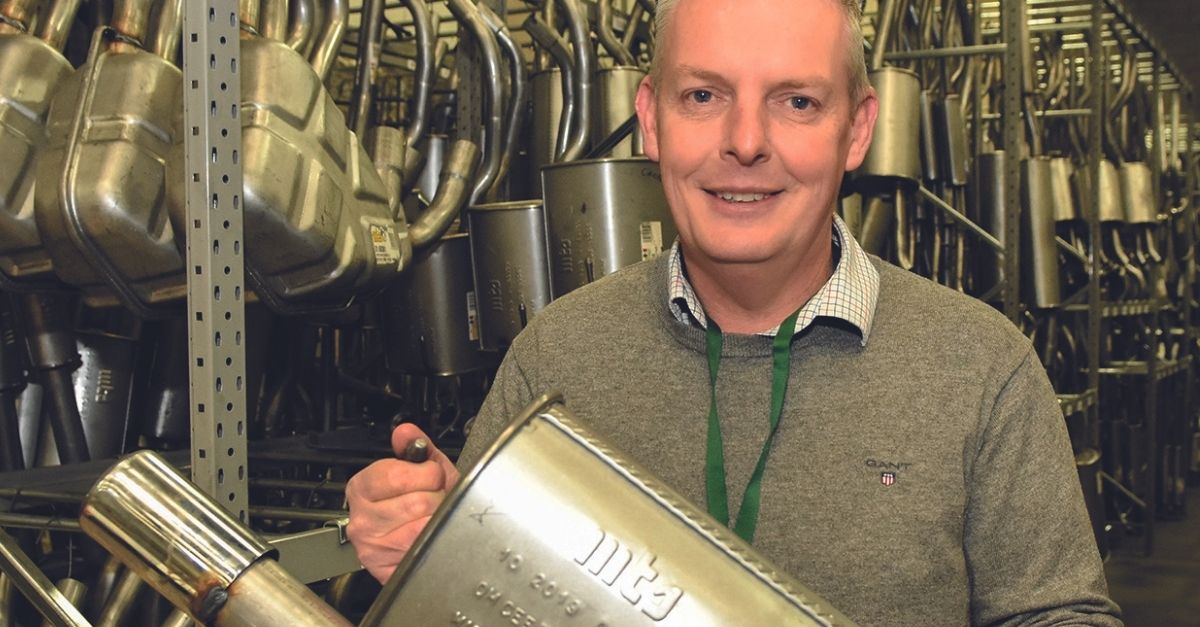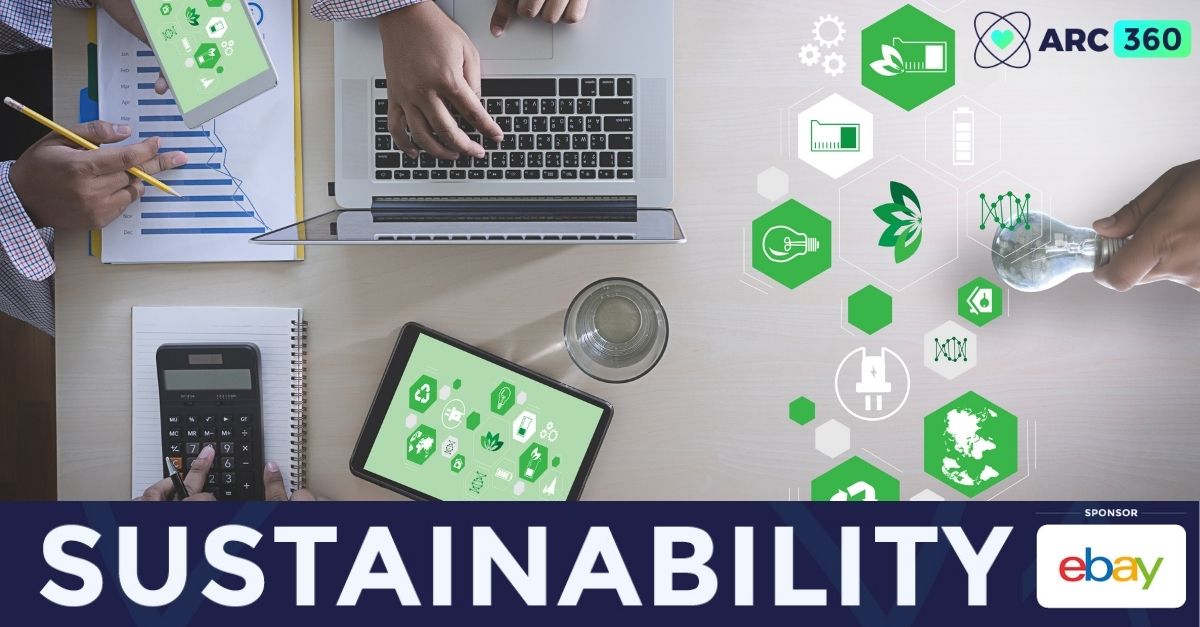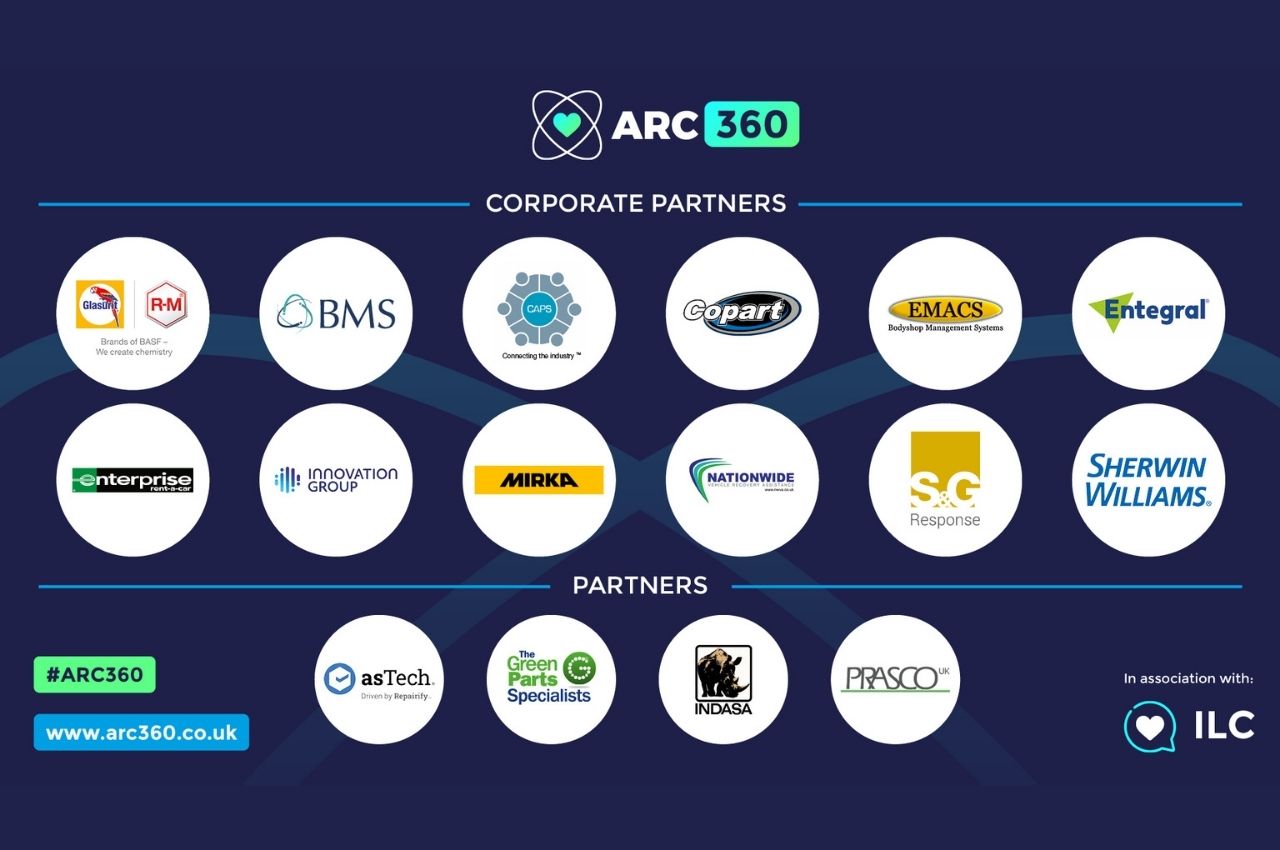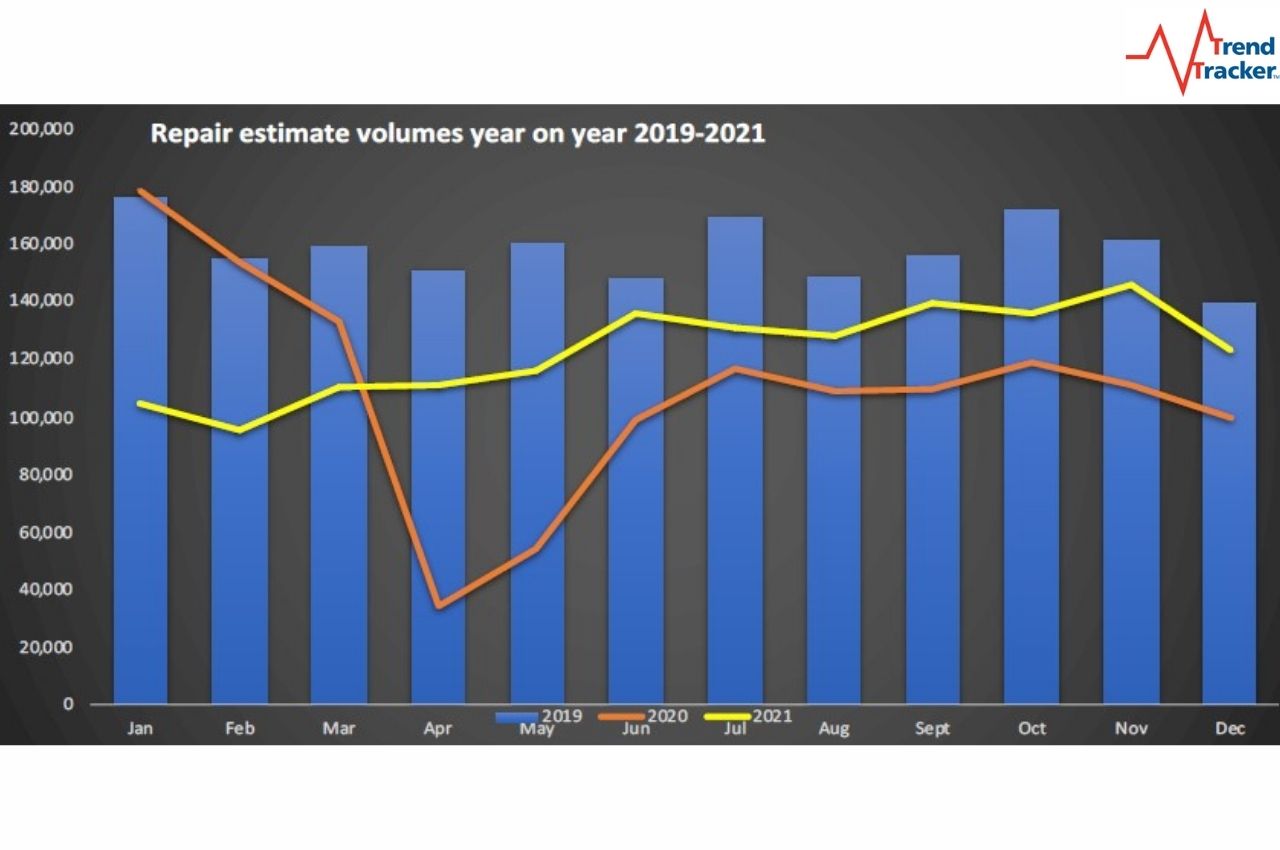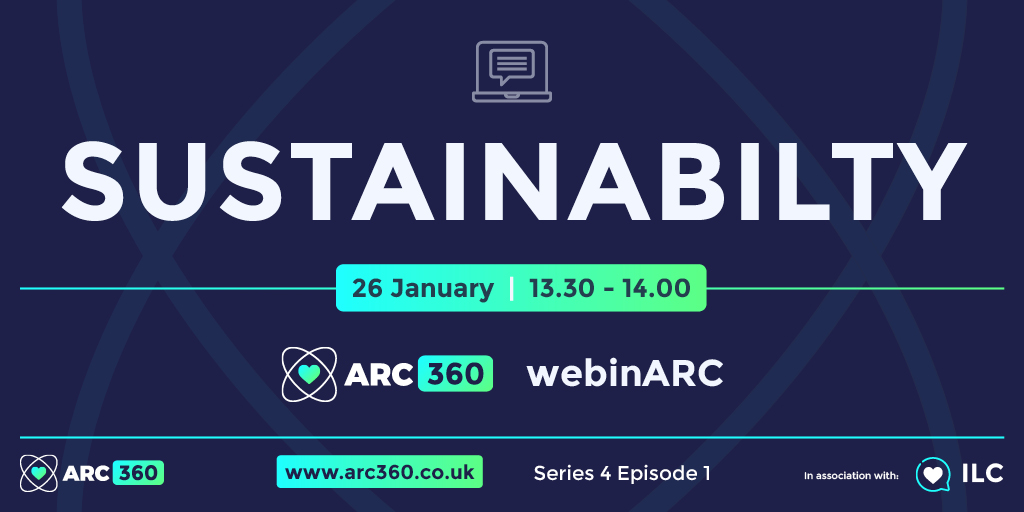Covid-19 has caused profound disruption across all sectors, but any anticipated slowdown in vehicle technology has not materialised. If anything, in the areas of electrification and ADAS particularly, the pace of progress appears only to have increased in the last two years.
Of course, vehicle technology encompasses a far broader remit than just these two areas and it’s fair to say that just about every aspect of the vehicle has been subject to recent change.
As Franco Iannotta, Bodyshop Development Manager at Volkswagen Group UK, said during the most recent ARC360 webinar, “I think steering and suspension are just about the only things that haven’t changed in the last 10-15 years.”
Significant impact
But while that is true, it’s also true that it is electric vehicles and ADAS that are having – and will continue to have – the most significant impact on the automotive aftermarket; an online poll held during the same webinar found that 69% of respondents said EVs were a ‘stand out’ issue and 40% said the same of ADAS.
Of these, the electrification of the car parc has provided the greatest shift since the pandemic struck. While EVs were a slow burn beforehand, demand has surged since 2020 and the Society of Motor Manufacturers and Traders reported that, backed by industry investment of £10.8bn since 2011, there are now more than 140 different models available to UK consumers, with EVs accounting for one in six new cars sold.
Rule rather than exception
The growth of ADAS has been more consistent over a number of years, but a point is now being reached where ADAS-enabled vehicles are the rule rather than the exception to the rule. This will become true, literally, in July, when legislation is introduced mandating certain ADAS features in every new vehicle. These include intelligent speed assist, fatigue detector, emergency braking, rear camera, and lane departure warning.
To some degree the industry can claim to be ahead of the game here. In June 2020, at which point there were already 4.5 million ADAS-enabled vehicles in the UK, Thatcham Research worked with its insurer partners to develop the Insurance Industry Requirements (IRR), which established clear guidelines for the safe repair of these vehicles.
Richard Billyeald, Chief Technical Officer, Thatcham Research, said, “IRR brings clarity to repairers and enables the long-term sustainability of ADAS-equipped vehicles. No matter what model is being fixed, it’s essential that manufacturers’ technical specifications are met to reinstate ADAS features safely without compromising performance.”
Repairers
What does all this mean for repairers on the frontline though, who come face to face with these industry shifts before anyone else?
According to ARC360 Associate Partner and leading UK bodyshop group Gemini ARC, it means one thing above all else – training.
Dan Dillon, Technical Training and Development Co-ordinator, said, “The future is already here. We have seen an upsurge of both EVs and ADAS technology in our bodyshops; I’d even go as far as to say that at any one time most collision repairers will have a vehicle in for repairs with some form of ADAS fitted.”
The IRR provides repairers with the correct procedures to follow, but knowing what to do and being able to do it are not the same thing.
Dan said, “We have trained all our managers, VDA’s and technicians with the GQA Level 3 award in Understanding of Advanced Driver Assistance Systems, and the technicians who carry out the calibrations have also achieved the Level 3 award for competence and understanding in the calibration of ADAS.”
He added that ADAS competency has also been added to Gemini’s multi-skilled apprenticeship programme to ensure the next generation of technicians is familiar with the technology from an early stage.
The same commitment has also been shown towards the safe handling of EVs. Gemini trains everyone from front of house to drivers in basic hybrid and EV awareness, while at least two technicians at each site are IMI Level 3 certified to handle hybrid and electric vehicles.
Again, as with ADAS, Gemini has future-proofed the business by adding Level 3 hybrid and EV training to its multi-skilled apprenticeship programme.
Risks
The level of investment required to reach these safety standards, both in terms of vehicle repair and protection for colleagues, is not insignificant. But nor are the risks.
ARC360 corporate partner Nationwide Vehicle Assistance provides collision recovery and storage management services to the sector. It believes the surge in EVs brings with it a substantial threat if skills and training does not keep up.
Jeff Mack, National Account Manager, NWVA, said, “In my opinion the industry is nowhere near ready for the dangers EVs can pose. The infrastructure is not there and recovery agents, dealers and bodyshops are all playing catch up.”
He believes there is a specific threat around the recovery of damaged EVs, especially if there is battery damage. He points out that a range of safety protocols must be adhered to in order make the vehicle safe, but is not convinced agents know or follow these steps. To bridge this gap, NWVA recently hosted its first ever EV Specialist Incident Management course at LJ Transportation. The IMI Level 3 accredited course is designed to equip selected personnel with the skills and knowledge to support operators on-scene.
The EVSIM course helps operators:
- understand the risks of each fuel, including hydrogen cells, hybrid and lithium-ion
- carry out an accurate risk assessment and decide on control measures
- appreciate the insurance responsibility and liability
- provide recovery and dismantling solutions
Jeff said, “Some people are still burying their heads in the sand. But I am delighted that we saw the writing on the wall over two years ago and are more ready than most.”
Calibration
Another area of potential risk is incorrect or inaccurate recalibration of sensors following an incident. While ADAS can be a force for good by improving driver safety and reducing collisions and motor claims, it can also be a hazard if recalibration is not carried out correctly.
Autoglass, which operates a fleet of more than 1,000 technicians who serve upwards of a million motorists each year, says that ADAS has completely changed the industry and that it is the responsibility of the aftermarket to ensure it has the skills to adapt. It places training front and centre of its ongoing strategy, but Neil Atherton, Sales and Marketing Director at Autoglass, warns that not all training is created equal.
He said, “We believe technicians need regular training and assessment to ensure they are kept abreast of the latest automotive technologies and how to correctly recalibrate the sensors. Some training programmes that are still used widely in the industry only require a one-off assessment which lasts for an entire lifetime. So a technician could have completed their training years ago and wouldn’t have been properly trained in how to recalibrate the latest technology.
“At Autoglass, technicians are put through the Institute of the Motor Industry accreditation, where technicians are reassessed every two to three years, to ensure that they are always up to date with the latest technology that is present in vehicles.”
Awareness
Interestingly, it’s not just the experts who are having to work hard to keep up. In many cases drivers themselves are either unaware or uneducated about the vehicle tech built into their cars, and either do not use the safety systems correctly or switch them off altogether.
Research from Autoglass found that less than half of drivers (48%) in the UK realise that ADAS sensors and cameras need to be recalibrated after a windscreen replacement. There are also numerous cases of drivers switching off this technology completely.
Neil continued, “We need to ensure drivers are educated on the benefits of the technology to ensure they keep them switched on and maximise the technology’s potential to reduce road accidents. Drivers turning off ADAS technology could also be a particular challenge for the insurance sector, as premiums may have been calculated based on the safety systems being turned on and active.”
Opportunities
However, while the implicit dangers of good technology badly used are very real, so too are the potential benefits of continued progress. Alongside driver safety and greater efficiency within repair, the available data can also revolutionise the insurance proposition and claims journey.
This is already happening with insurers and insurtechs collaborating on an ever-wider scale.
ThingCo, another motor corporate partner of ILC, provides just one example.
It has designed and developed Theo, a telematics device that works for both the insurance company and the policyholder by processing thousands of data points per second. This offers insurers valuable insights into driver behaviour, enabling them to understand risk in real-time, while in the event of a collision a full report detailing location, speed, intensity and liability is automatically sent to the claims centre.
This helps claims handlers understand exactly what has happened before even speaking to the customer.
Accurate understanding
James Bashford, Head of Business Development, said, “ThingCo’s smart FNOL process identifies high volume, low impact crashes which often present a fraud risk. The ability to accurately understand what’s happened in an accident before FNOL agents have talked to the customer allows the insurer to handle the claim in the most efficient way and avoid lengthy disputes.
“Meanwhile, a voice command activates using the device’s inbuilt microphone and speakers so that the customer can immediately confirm or deny the accident, reducing false alerts and putting insurers in much greater control. We identify exactly what has happened, establish if anyone is injured and needs emergency services or other services such as a hire car to get them home.
“In this way, our technology provides the ability to give honest customers the best accident service possible whether at fault or not, with the shortest possible key-to-key times.”
Future
Looking forward, it’s impossible to gauge where technology will go next, although the impacting factors on development can more easily be identified.
Harvesting data will remain paramount, and the debate around who owns that data and who has access to it will intensify, while every vehicle manufacturer in the world will have to develop zero-emission vehicles suited to a carbon neutral environment.
It’s been said before, but so vast and diverse are the challenges that no one company can face them alone. Establishing the right partnerships will go a long way to determining a company’s success or otherwise, but the technology is there for businesses with the right imagination and ambition.
James concluded, “The possibilities are exciting but still very much in their infancy. It can take time to gain consumer acceptance and, in our sector, insurers need to be willing to invest in the technology and offer incentives to help encourage adoption. That can be a leap of faith in a market known for being risk averse.”



